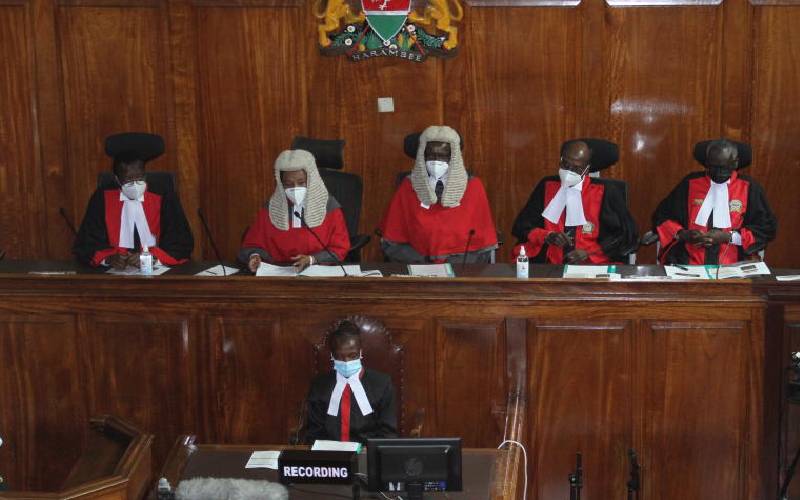×
The Standard e-Paper
Join Thousands Daily

The East African Centre for Human Rights, also known as EACHRights, lauds the recent decision by the Supreme Court recognising socio-economic rights as inalienable human rights.